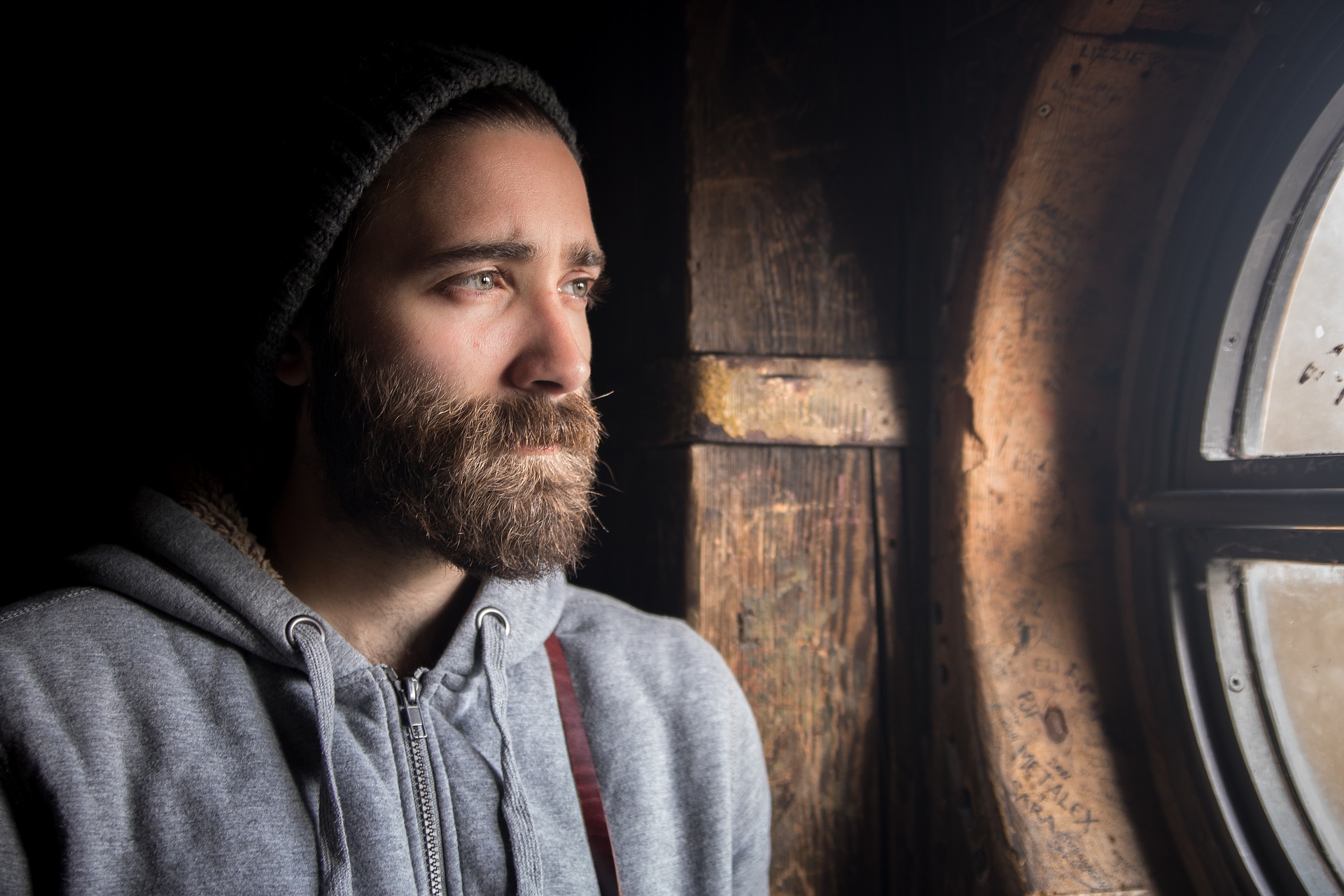For the past 8 years, I have worked in end of life care, educating health care professionals on how to work with people who are dying and those who are grieving.
For the past 8 years, I have worked in end of life care, educating health care professionals on how to work with people who are dying and those who are grieving.
I work every day with the losses of others while at the same time privately attending to my own.
In February I ended my relationship of 3 years and moved out of my ex-partners home.
In April my beautiful grandmother died.
A few days after that my Dad became seriously ill.
Last Sunday the woman I’ve spent over a year working with as a volunteer befriender at a local care home died.
12 hours later a dear friend died.
Logically we all know that loss and grief are a part of life.
But that amount of loss and grief in such a short space of time can overwhelm even the most resilient of us.
How can we cope when we’re hit by not one but multiple losses?
I hope that in sharing a few of my strategies they may prove helpful to those of you going through similar experiences.
Feel The Pain
I know this sounds like common sense but common sense isn’t always common practice.
While it sounds like I’m stating the obvious it can be easy to sweep our feelings under the carpet, to think that we’ll deal with our pain later on when things quieten down.
But we rarely do.
Instead, we treat our pain like we treat packing for a vacation.
We pile our latest loss on top of all the other losses we’ve suffered across our lifetime, sitting on top of the suitcase in a desperate attempt to fasten the latch and keep it from all spilling out across the floor.
We need to learn a better way of packing.
One that involves taking the time to pay attention to each item we’re putting into our suitcase.
To gently fold it and place it in a space that is big enough to hold it.
A space where we can easily find it again one day should we wish to reflect on the important role it played on our travels through this life.
Most of us don’t like pain. It’s normal to want to avoid suffering.
But feeling our grief when it comes is the only way we can keep up with the losses that we face throughout of our life.
If we deal with the waves as they roll in, rather than numbing ourselves to them, then we also create space to fully embrace the joyful moments of life.
As Brene Brown so beautifully points out:
“We cannot selectively numb emotions, when we numb the painful emotions, we also numb the positive emotions.”
So as hard as it is, we must feel our pain.
If we don’t do it now you can be sure we’ll have to do it later.
Own Your Right To Grieve
When I was 24 I moved from New Zealand to Canada on a working holiday.
Having grown up alongside a sibling who had Cystic Fibrosis I felt I needed some time away to live in a world that didn’t revolve around illness.
I had an amazing four months and was about to start a new winter contract when I received the call that my sister had just undergone a double lung transplant.
72 hours later I was home.
I don’t regret that decision or my subsequent one to not return to Canada and instead remain in New Zealand so I could be close to her.
That decision gave me three precious years with her before she died that I would not have had if I had decided to leave again.
But that’s not to say I didn’t grieve that loss deeply.
That I didn’t grieve my new life, the friends I had made, and the adventures I had.
I grieved the loss of the future I thought I was going to have for a long time and I grieved it alone because that sort of grief just isn’t recognised by society.
It is almost universally acknowledged that we have a legitimate right to grieve if someone we love has died.
But that’s just about the only type of loss that society is in agreement on.
Grieving the death of a pet, the death of someone with whom we had a challenging relationship with, an abortion, a miscarriage, a stillbirth, a divorce, a break-up that we initiated, a redundancy, a retirement, your children leaving home, the end of a friendship, or moving to another country, are all met with varying responses ranging from dismissal to scepticism, from tolerance to understanding.
For the most part, society does not recognise the many losses we face over our lifetime that may trigger a grief response.
Society is also not great at understanding that grief is not something to be quickly felt and got over. It is not something we simply process swiftly and move on from.
Rather any loss that is significant to us will cause us to grieve and that grief may remain with us for the rest of our life.
If something has happened in your life that you view as a loss and you’re grieving that loss then that grief is legitimate. End of story.
It doesn’t matter what other people say, you have a right to feel whatever it is you’re feeling.
There is no rule book. There is no time frame. Grief is as individual as our footprints.
Own your right to grieve.
Do What Works For You
Self-care has been one of the big buzz-words for the 21st Century.
But it’s not a one-size-fits-all approach.
Therapy has always worked well for me because I love to talk things out.
Walking somewhere peaceful is also something I find therapeutic because it helps me process things and clears my thoughts.
Devouring personal development books helps a lot too because I love to read, and learn from, other people’s experiences.
But these things won’t work for everyone.
Just like a vigorous workout in a gym where I unleash all my pain onto a punching bag or dancing it out to loud music wouldn’t work for me.
Find the things that work for you and do them regularly.
That might be spending a ton of time cuddling your dog if you have one or joining your children on the swings at the local park.
It might be taking a long bath or curling up with a cup of tea.
Maybe it’s baking or cooking that helps you de-stress or spending time talking with close friends.
It could be sewing or painting or swimming.
Whatever they are, find the things that bring some calmness to the chaos, that help you feel moments of joy and peace, no matter how fleeting they are in the beginning.
You Will Get Through This
Coping with one loss can take all the physical, emotional, mental, and spiritual resources we have.
Coping with multiple losses within a short space of time can be enough to bring us to our knees.
While it may not feel like it at the time, most of us handle these losses so much better than we give ourselves credit for.
We are far more courageous than we believe ourselves to be.
Far more resilient than we think we are.
Most of us emerge from the darkness much stronger than we were before.
We learn. We grow. We adapt. We keep going.
For most of us, our desire to continue living is stronger than our pain.
It’s that desire that drives us forward.
It’s that desire that makes us want to take our pain and use it in a way that helps others.
It is in those acts of service that we give our pain both meaning and purpose.
While it may not feel like it right now you will get through this.
This is one season. One chapter in the book that is your life.
Feel your pain.
Own your right to grieve.
Do what works for you.
And then take what those losses taught you, what your grief taught you, and use it to bring light to another person’s darkness.


